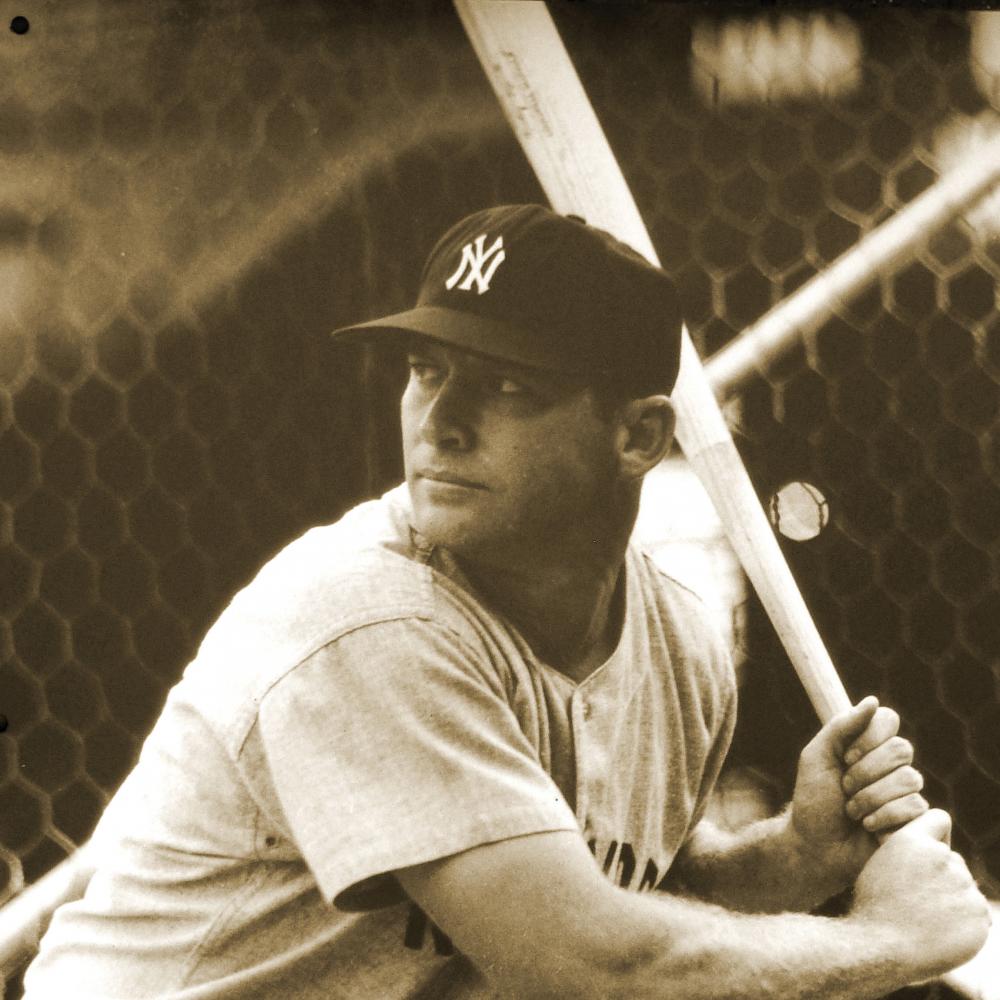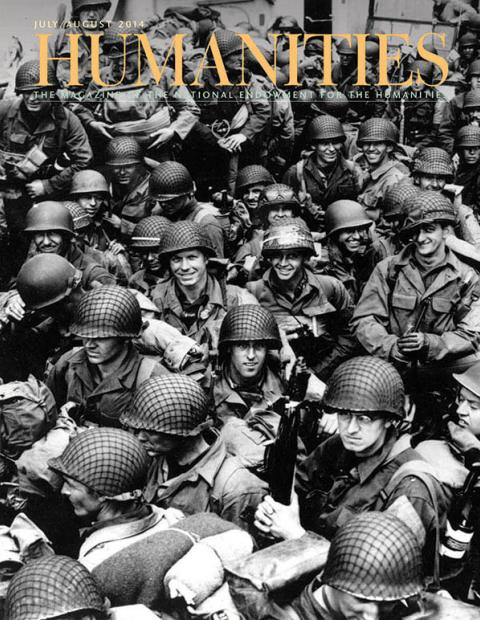For this inning of IQ, we’re rolling the rims on our hats and settling in with some hot dogs and beer to talk to Jane Leavy about baseball. Leavy is the author of the New York Times best-selling biographies The Last Boy: Mickey Mantle and the End of America’s Childhood and Sandy Koufax: A Lefty’s Legacy, along with the comic novel Squeeze Play. This July, Leavy is giving the keynote address at the Idaho Humanities Council’s summer institute for K-12 teachers on “Baseball in American Culture.” For those of you who haven’t been keeping score: Mantle, centerfielder and first baseman, played for the New York Yankees from 1951 to 1968. Koufax pitched for the Brooklyn/Los Angeles Dodgers from 1955 to 1966. Both are in the Baseball Hall of Fame.
When did you fall in love with baseball?
In utero.
What made Mickey Mantle a baseball powerhouse?
Power, speed, and a coast-to-coast smile.
There are two sides to Mantle. Who is Mickey the Good?
Mickey the Good was the guy who stopped the Yankee team bus en route to a Florida exhibition game and gave $100 to a homeless man lying by the railroad tracks.
Who is Mickey the Bad?
Mickey the Bad was the guy who farted in my face when, at age eight, I waited in vain for an autograph outside the players entrance at Yankee Stadium. Mickey the Good made up for it by giving me an autographed photo when I met him in 1983. It is signed: “Sorry I farted. Your friend, Mick.”
What surprised you most about Mantle?
His honesty.
What distinguished Sandy Koufax from other pitchers?
The size of his hands and the size of his intellect.
Why did he opt not to pitch the first game of the 1965 World Series?
Out of respect for his family, community, and tradition. Because Jews don’t work on Yom Kippur.
Koufax was leery of being a celebrity. What made him run from the spotlight?
A perverse desire not to sell his soul for mentions and sound bites in an avaricious popular culture.
Biographers often talk about living with their subjects. Who was better company: Mantle or Koufax?
Koufax. He’s a good Jewish boy. And he knows good wine.
In your preface you write, “I believe in memory, not memorabilia.” What’s the difference?
Memory is a process; intangible, personal, utterly idiosyncratic. Memory is alive. Memorabilia—the things we collect—is by definition inanimate and to me a deadening pursuit.
You did hundreds of interviews for your books. How reliable did you find people’s memories?
Memory is inherently unreliable, which is why journalists are taught to follow the two-source rule.
Thoughts on the designated hitter rule?
It’s insane to have different systems in the National League and American League. The National League is more interesting; the American League game is inevitable.
Baseball dream team? You can use past and current players.
Sandy Koufax P
Mariano Rivera P
Johnny Bench C
Lou Gehrig 1B
Jackie Robinson 2B
Honus Wagner SS
Mike Schmidt 3B
Stan Musial LF
Willie Mays CF
Babe Ruth RF
(I refuse to pick a DH on principle.)



